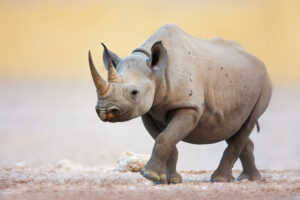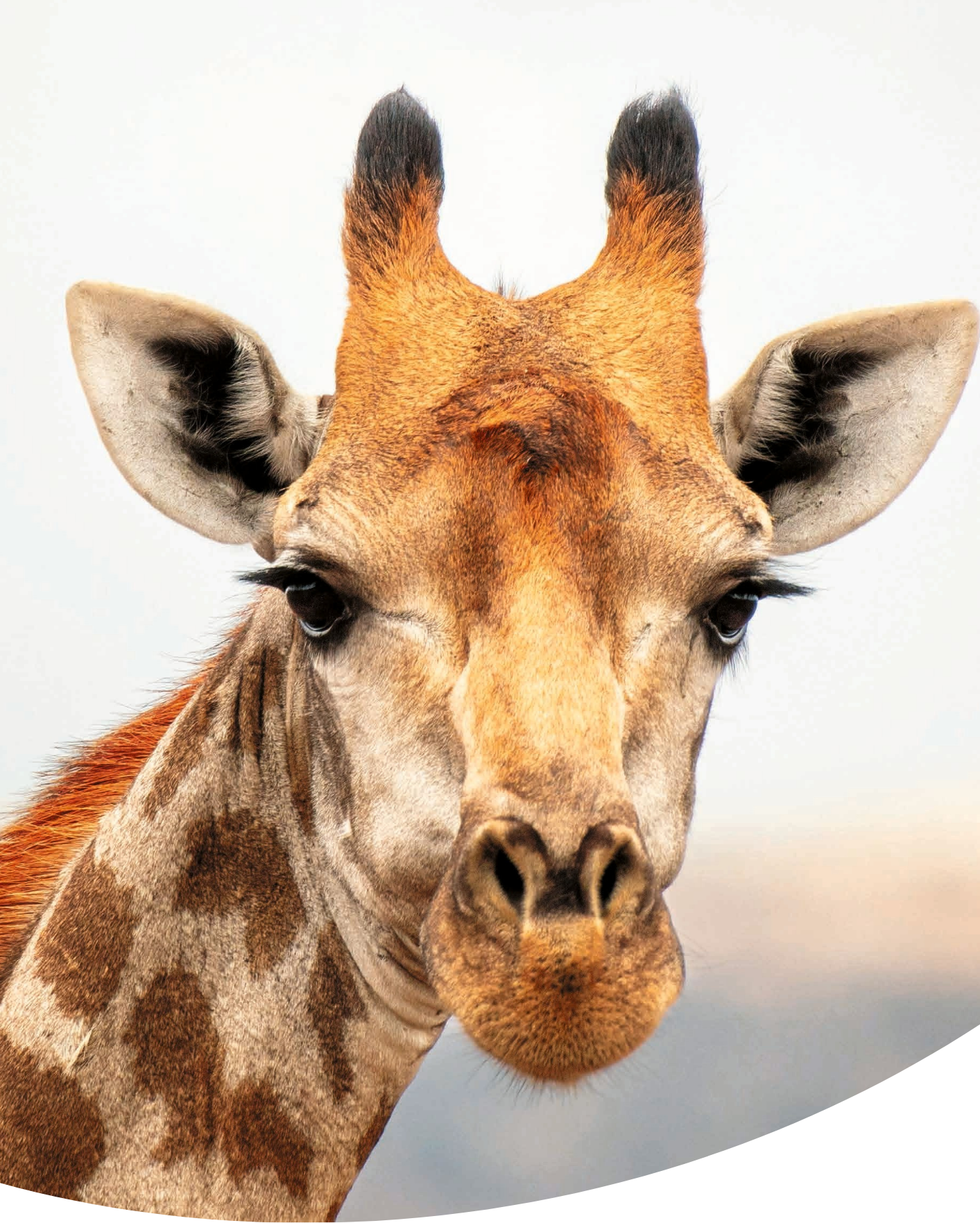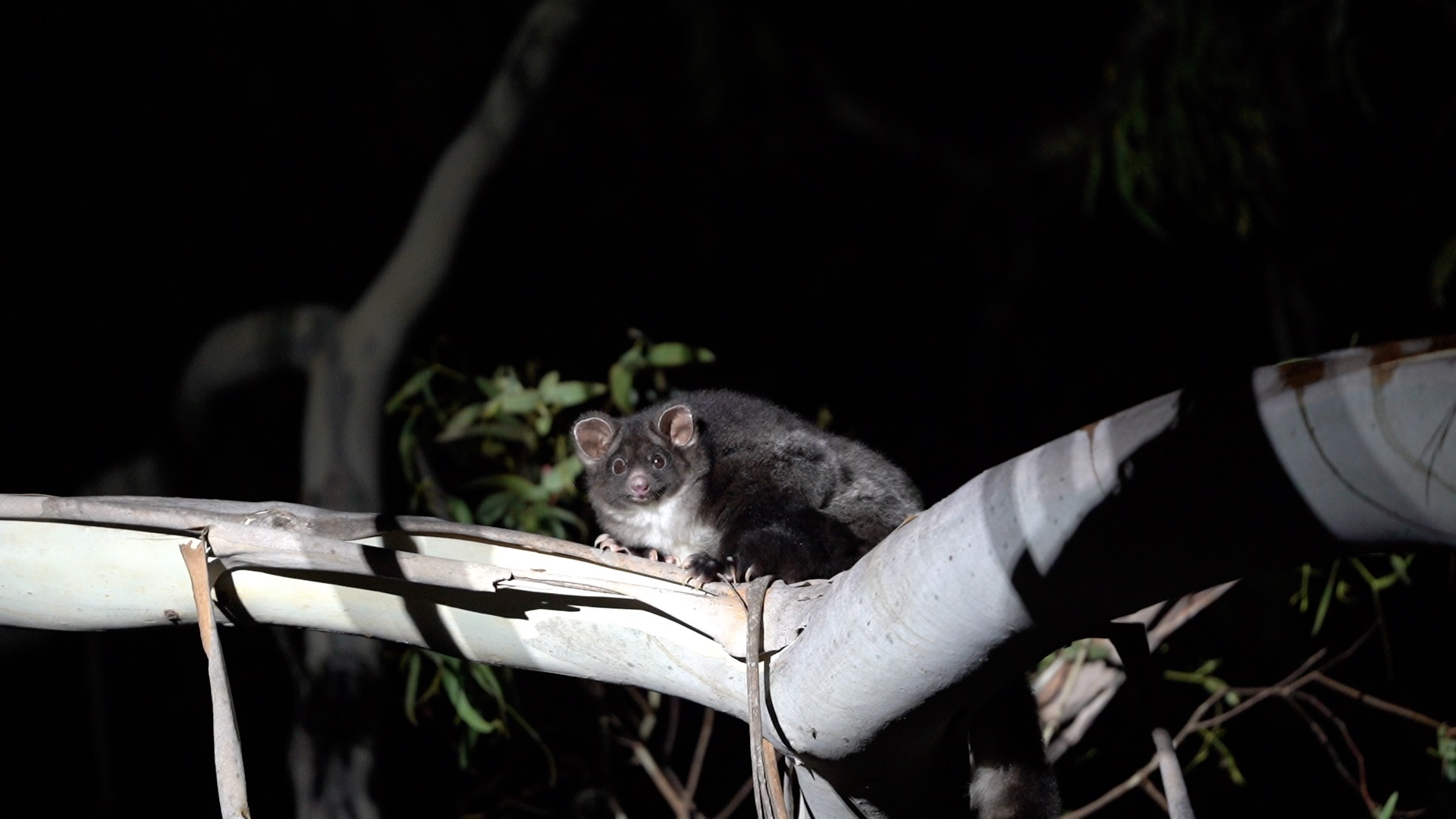Find out more about our work on federal environment reforms, the recent victory in protecting whale sharks, an update on our partner projects and lots more.
Rhinos are among the most remarkable animals alive today. With their armour-like skin, towering presence, and quiet resilience, they’ve roamed our planet for millions of years.
Each of the five surviving species—the black, white, greater one-horned, Javan, and Sumatran—plays a vital role in their ecosystem, from shaping grasslands to dispersing seeds through forests.
Yet on this World Rhino Day, their future is in peril.
Five species, one crisis
-
Black rhino (Diceros bicornis) – once abundant across sub-Saharan Africa, numbers plummeted by 85% in just three generations due to poaching. Intensive conservation has helped populations slowly recover, but they remain critically endangered.
-
White rhino (Ceratotherium simum) – the southern subspecies has rebounded from near-extinction in the 19th century, but recent poaching waves have caused a 15% decline since 2012. The northern subspecies is functionally extinct, with only two females left.
-
Greater one-horned rhino (Rhinoceros unicornis) – a conservation success story, with populations climbing back to around 3,500 in India and Nepal after near-collapse. Still, they remain Vulnerable and highly dependent on strict protection.
-
Javan rhino (Rhinoceros sondaicus) – the rarest large mammal on Earth, with only around 68 individuals confined to a single park in Java. A sinlge disease outbreak or natural disaster could wipe them out.
-
Sumatran rhino (Dicerorhinus sumatrensis) – fewer than 80 survive in fragmented populations across Sumatra and Borneo, making them one of the most threatened mammals on the planet.
Across all five species, the greatest historical and ongoing threat is the same: poaching for their horns.

The ivory link
Rhino horn and elephant ivory may come from different animals, but they are driven by the same markets: illegal wildlife trade networks that profit from the sale of animal parts for ornaments, status symbols, and unproven medicines.
Australia currently bans imports and exports of both elephant ivory and rhino horn in line with the UN Convention on International Trade in Endangered Species (CITES), but domestic sales remain legal if items are sold as “antique” or “second-hand”. There is no national registry, no certification system, and no reliable way to distinguish newly poached material from old stock. This loophole creates an avenue for laundering elephant ivory and rhino horn that enters the Australian market illegally and keeps consumer demand alive.
When items made from ivory or horn are still seen in shops and online marketplaces, it sends a dangerous signal: that ownership is acceptable, even desirable. That perception fuels the same demand that pushes rhinos and elephants to the brink.
An unfulfilled promise, and what must happen next
In 2019, the Australian Government pledged to close the domestic elephant ivory and rhino horn markets. The commitment was welcomed internationally and signalled that Australia would no longer provide cover for this trade. But six years later, that promise has yet to be fulfilled.
At Humane World for Animals, we are calling on the Albanese Government to deliver on Australia’s 2019 promise and introduce legislation banning the domestic trade in elephant ivory and rhino horn.
The law must:
-
Prohibit all domestic sales, regardless of age or origin.
-
Remove the “antique” loophole.
-
Align Australia with global efforts to shut down these markets once and for all.
Take action
Rhinos have survived on this Earth for millions of year —they should not be lost because of outdated markets and political inaction.
This World Rhino Day, let your voice be heard. Call on the Federal Environment Minister to ban ivory and horn sales in Australia. Together, we can close this loophole and help secure a future where rhinos are protected, not persecuted.


